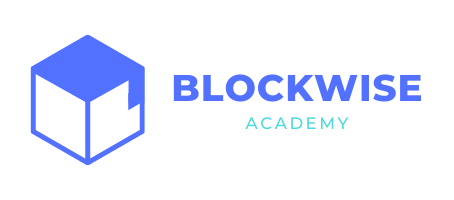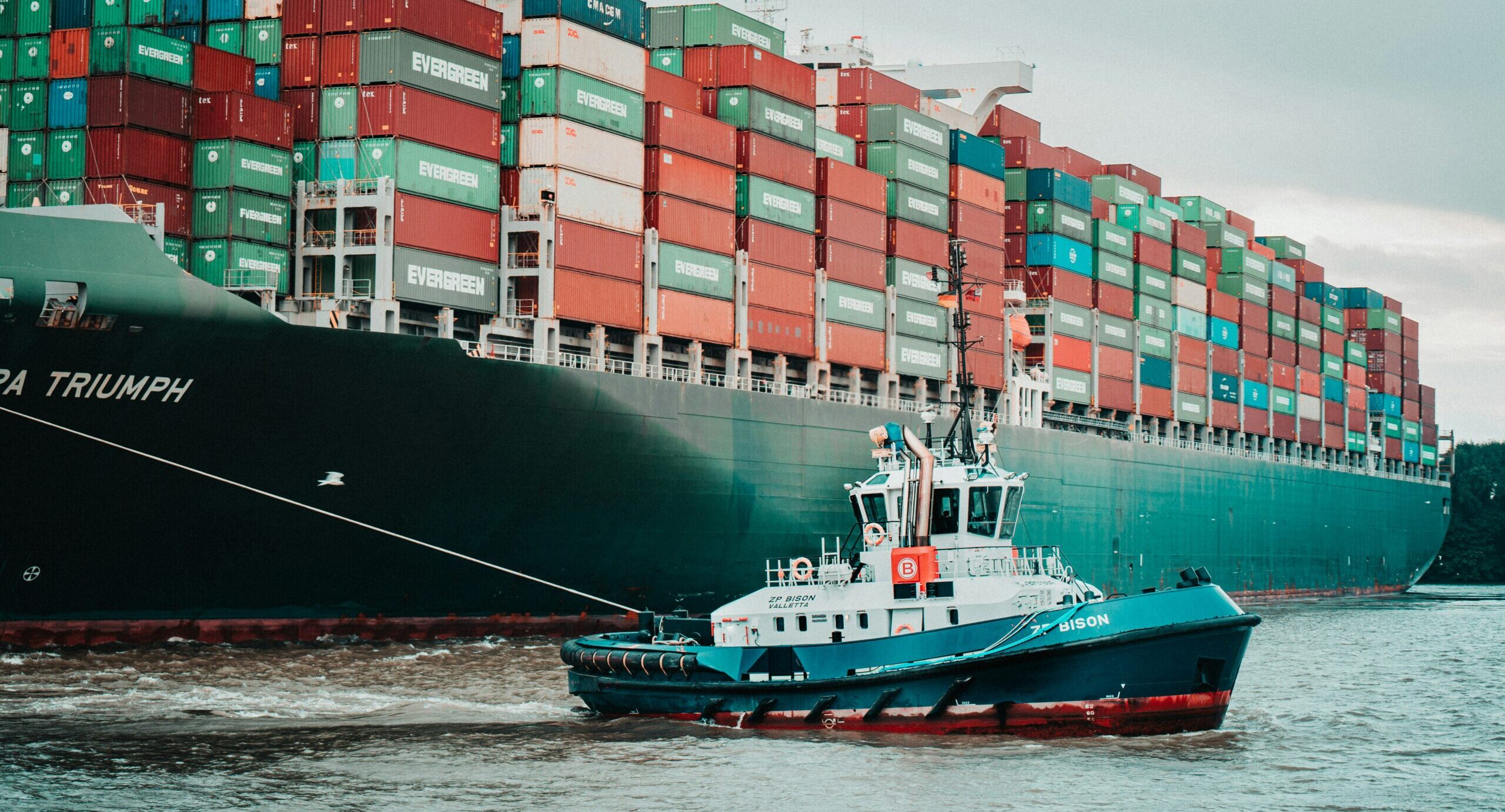BlockWise
- 02 Apr, 2024
- 0 Comments
- 8 Mins Read
How Blockchain is Revolutionizing Supply Chain Management
In today’s global economy, supply chain management is pivotal to business success. However, traditional systems often suffer from inefficiencies and lack of transparency. Enter blockchain technology. Originally associated with cryptocurrencies like Bitcoin, blockchain has evolved into a transformative solution for supply chain challenges. Its decentralized ledger promises enhanced transparency, traceability, security, efficiency, and sustainability. This article explores how blockchain is reshaping supply chain management, from its basics to real-world applications and adoption challenges.
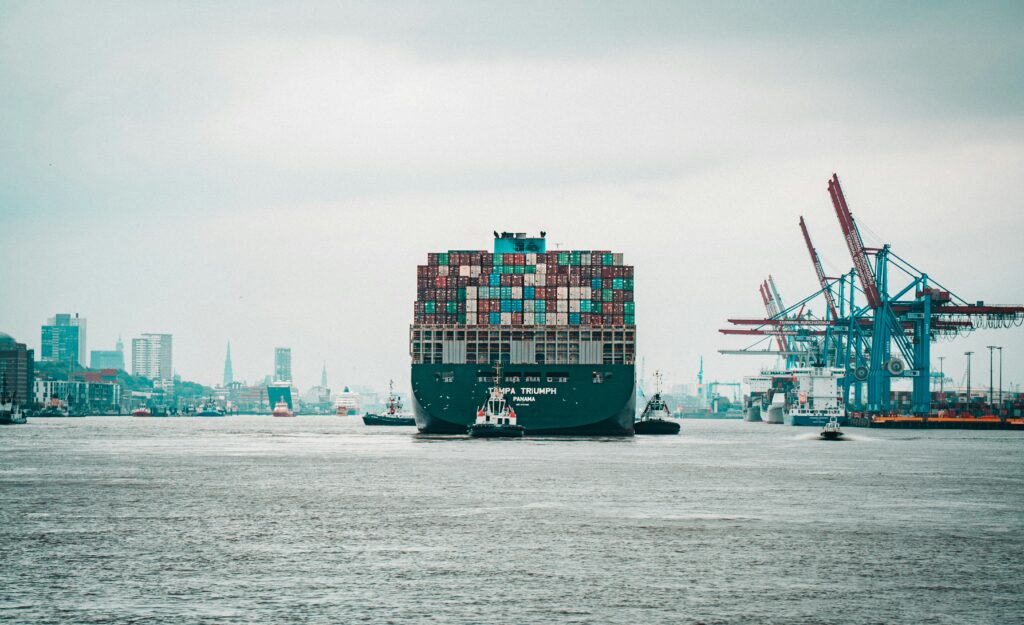
Introduction to Blockchain in Supply Chain Management
Understanding the Basics of Blockchain Technology:
Blockchain technology, at its core, is a decentralized digital ledger that records transactions across multiple computers. This ensures that any recorded data is virtually impossible to alter retroactively, without altering all subsequent blocks. This feature is particularly appealing in the context of supply chain management, where the integrity of transaction records is paramount. The decentralized nature of blockchain also means that it operates without a central authority, enabling a level of transparency and trust among participants that was previously unattainable.
The unique architecture of blockchain facilitates secure and transparent transaction recording. Each block contains a number of transactions that are verified by network participants (nodes) and linked to previous transactions, creating a chain. This structure not only safeguards against fraud and tampering but also ensures that all stakeholders have access to an unalterable history of transactions.
Evolution of Blockchain in Supply Chain Management:
The adoption of blockchain in supply chain management marks a significant shift from traditional, linear supply chains to a more interconnected, transparent, and resilient model. Initially, the focus was primarily on cryptocurrencies. However, the potential of blockchain to streamline supply chain processes, enhance visibility, and reduce inefficiencies quickly became apparent.
In the early stages of its integration, blockchain applications in supply chains were experimental, aimed at testing the technology’s feasibility and effectiveness. These pilot projects typically focused on specific aspects of supply chain management, such as provenance tracking or authentication. Over time, as the technology matured and its benefits became clearer, we saw more comprehensive implementations aimed at overhauling entire supply chain operations.
The evolution has been driven by a growing recognition of the challenges plaguing traditional supply chains, including opacity, fraud, inefficiencies, and the lack of trust among stakeholders. Blockchain has emerged as a powerful tool to address these issues, offering solutions that are not merely incremental improvements but rather foundational changes to how supply chains are managed.
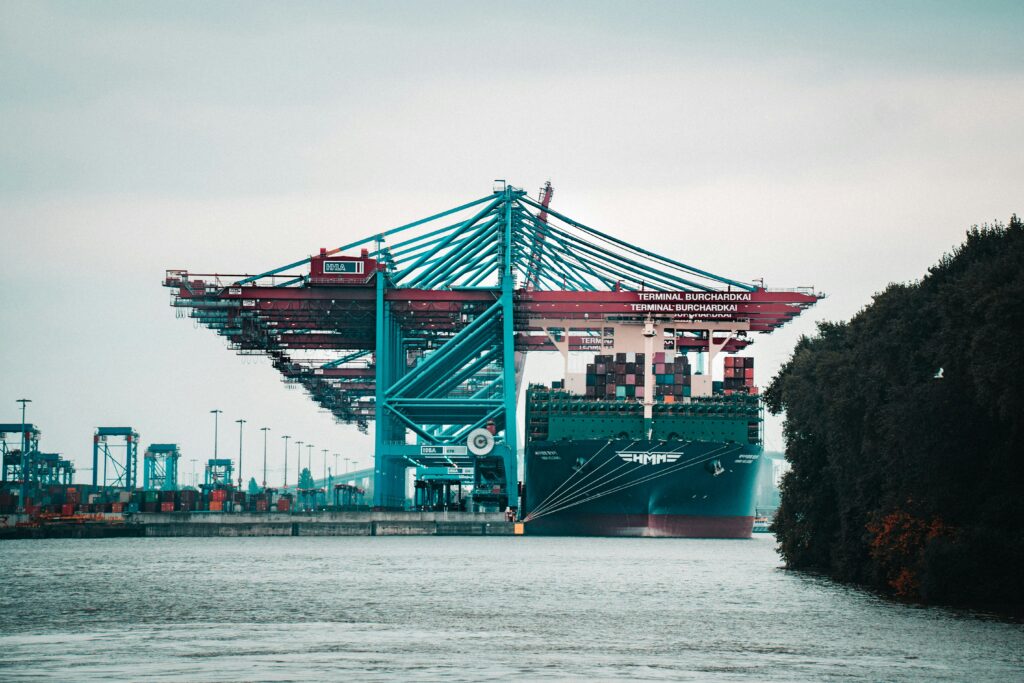
Transparency and Traceability
Enhancing Transparency in Supply Chain Processes:
The journey towards transparency in supply chain processes has been fraught with challenges, primarily due to the fragmented and siloed nature of traditional supply chain systems. Blockchain technology, with its inherent characteristics of decentralization and immutability, offers a compelling solution to these challenges. By leveraging blockchain, every transaction or movement of goods can be recorded on a ledger that is accessible to all parties involved in the supply chain. This level of visibility ensures that all stakeholders, from suppliers to consumers, can verify the authenticity and integrity of products at any stage of the supply chain.
Traceability: Tracking Products from Origin to Consumer:
Traceability in the supply chain is about more than just understanding where a product comes from; it’s about gaining insight into every touchpoint of a product’s journey. Blockchain excels in this area by providing a tamper-proof and time-stamped record of every product movement and transaction. Implementing blockchain for traceability purposes has meant the ability to instantly track and verify the provenance of products. This capability is crucial in sectors where authenticity and compliance are paramount, such as pharmaceuticals, luxury goods, and food safety. For example, in the event of a food safety issue, blockchain can rapidly identify the source of contamination, significantly reducing the time and cost associated with recalls.
Use Cases of Transparent and Traceable Supply Chains:
The real-world applications of blockchain in enhancing transparency and traceability are vast and varied. One notable example is in the pharmaceutical industry, where blockchain can help combat counterfeit drugs by providing a secure and transparent record of each drug’s journey from manufacturer to pharmacy.
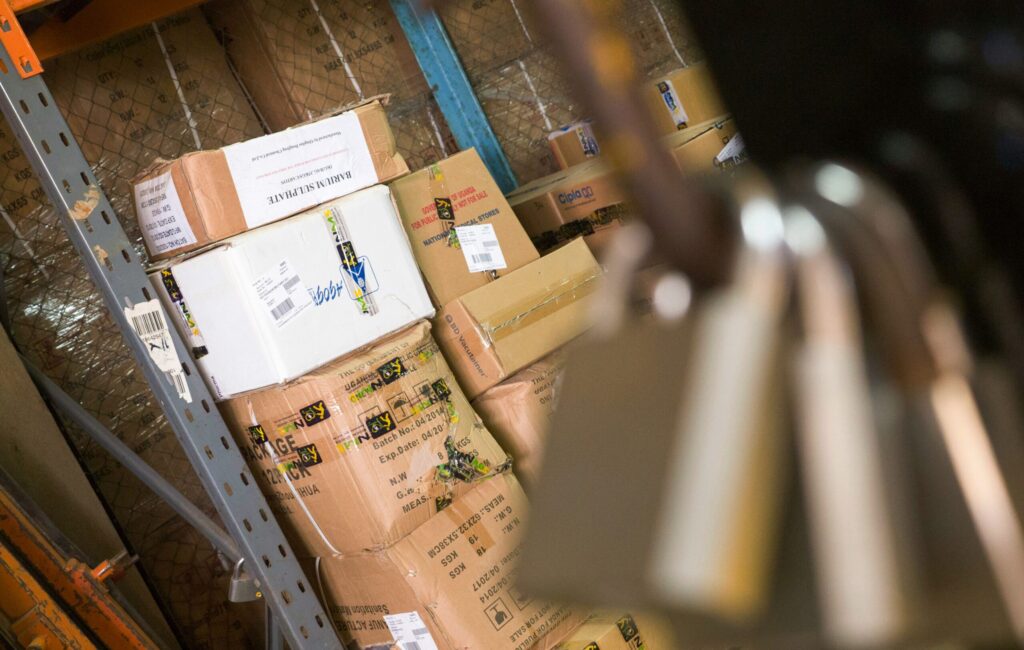
Security and Trust
Establishing Trust in Supply Chain Transactions:
Trust is fundamental in supply chain operations. Blockchain’s decentralized ledger offers a transparent and verifiable system that inherently builds trust among stakeholders. All parties have access to transaction records, making the supply chain process open and trustworthy. This level of transparency allows stakeholders to verify product claims, such as origin and quality, against an immutable record.
Mitigating Risks and Frauds in Supply Chains:
Blockchain significantly reduces the risk of fraud and other malicious activities in the supply chain. Its transparency enables real-time monitoring of goods and transactions, curtailing opportunities for fraud. For instance, blockchain helps authenticate luxury goods, reducing counterfeiting, and ensures products are tracked through official channels, combating gray market trading.
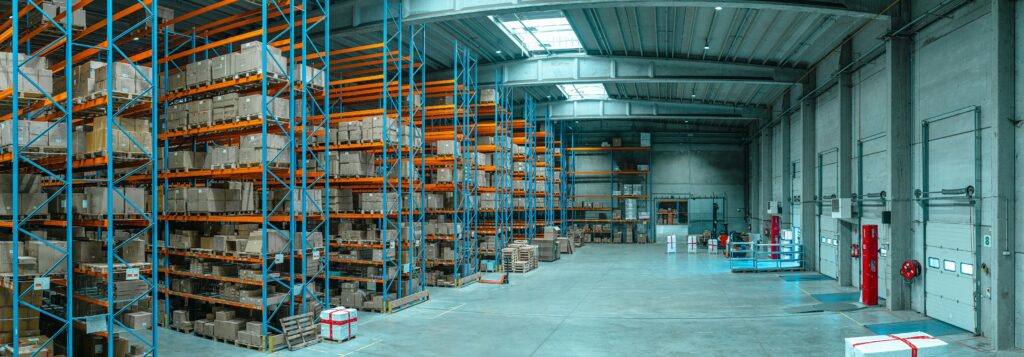
Efficiency and Cost Reduction
Streamlining Supply Chain Operations with Smart Contracts:
One of the most significant ways blockchain improves efficiency is through the use of smart contracts. These are self-executing contracts with the terms of the agreement directly written into lines of code. In the context of supply chain management, smart contracts can automate routine tasks and enforce agreements automatically, reducing the need for manual oversight and intervention. This automation speeds up transactions, reduces errors, and ensures compliance across the supply chain. For instance, a smart contract could automatically release payment to a supplier once a delivery is confirmed, streamlining the payment process and reducing delays.
Reducing Costs Through Automation and Elimination of Intermediaries:
Blockchain can also significantly cut operational costs by automating transactions and record-keeping, thus reducing manual tasks and human error in supply chain management. This leads to faster and more reliable operations. Additionally, its decentralized nature enables direct interactions between parties, eliminating the need for costly intermediaries like brokers and agents, streamlining processes, and slashing expenses related to third-party fees.

Sustainability and Ethical Sourcing
Promoting Ethical Sourcing Practices with Blockchain:
Ethical sourcing involves ensuring that products are produced under fair labour conditions, without exploiting workers or harming the environment. Through blockchain, companies can track the origin of raw materials, monitor production processes, and verify compliance with ethical standards.
For example, in the fashion industry, where issues such as sweatshop labour and environmental pollution are prevalent, blockchain can be used to track the journey of raw materials, such as cotton or wool, from farms to factories to retail shelves. By recording each step of the supply chain on an immutable ledger, companies can ensure that their products are sourced ethically and sustainably. Furthermore, blockchain can support fair trade practices by ensuring that producers receive fair compensation for their goods and labour. Through transparent and auditable blockchain payment systems, companies can eliminate intermediaries and ensure that a fair share of profits goes back to the producers.
Ensuring Sustainability:
Sustainability goes hand in hand with ethical sourcing, as it encompasses environmental responsibility and long-term viability. Blockchain technology enables companies to track the environmental impact of their supply chains and implement measures to reduce carbon emissions, waste, and resource depletion.
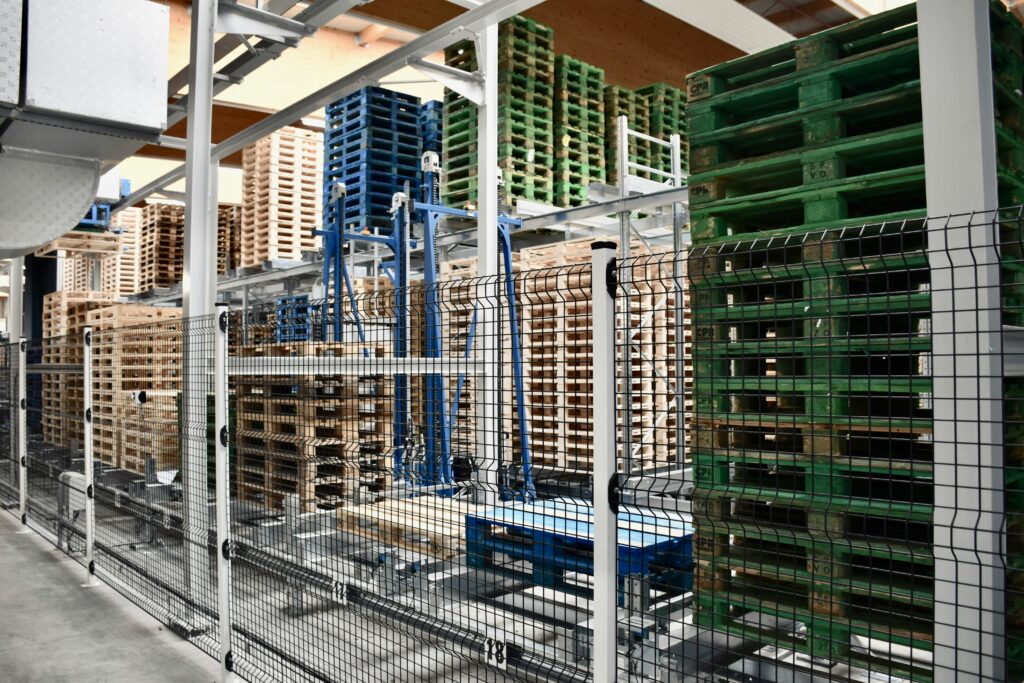
Adoption Challenges and Solutions
While the potential benefits of blockchain in supply chain management are substantial, adoption is not without its challenges. From integration hurdles to scalability issues, businesses face several obstacles on the path to implementing blockchain solutions effectively. However, with careful consideration and strategic planning, these challenges can be overcome.
Overcoming Integration Challenges:
One of the primary challenges businesses encounter when adopting blockchain in supply chain management is integrating the technology with existing systems and processes. Many companies operate on legacy systems that may not be compatible with blockchain, requiring significant investment in infrastructure and resources to facilitate integration.
To overcome integration challenges, businesses should prioritize interoperability and compatibility when selecting blockchain solutions. Additionally, collaborating with experienced blockchain developers and consultants can help navigate the complexities of integration and ensure a smooth transition.
Addressing Scalability Issues:
Scalability is another common challenge in blockchain adoption, particularly concerning the performance and throughput of blockchain networks. As the volume of transactions increases, blockchain networks may struggle to process data efficiently, leading to delays and bottlenecks. However, specialised blockchain networks are being developed with much greater throughput capacity that can look to meet this demand.
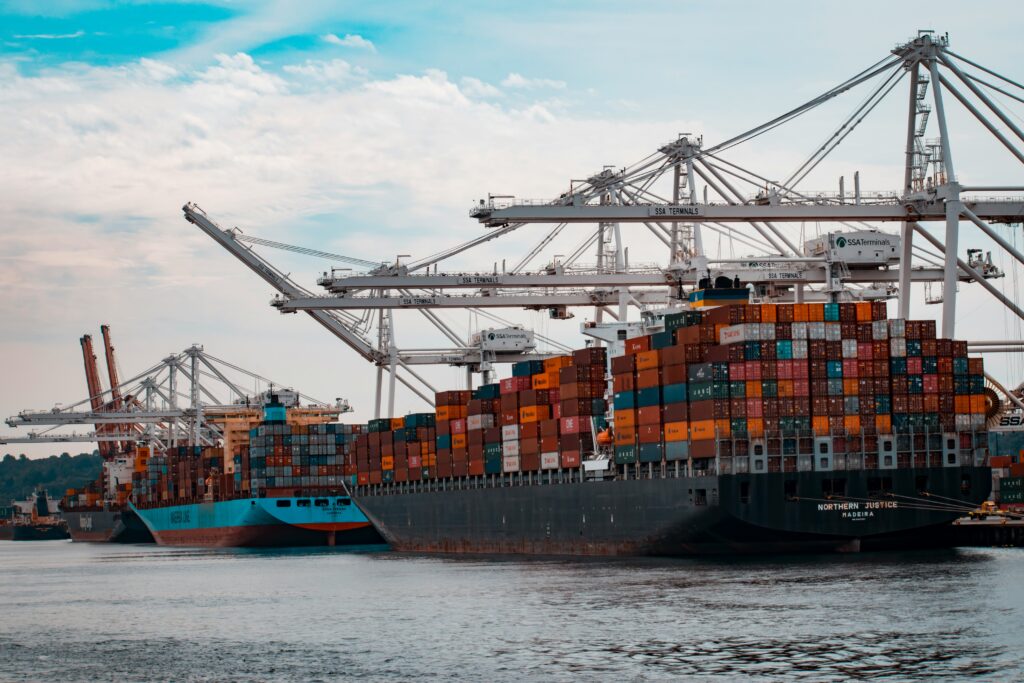
Future Outlook and Emerging Trends
Integration of IoT and AI with Blockchain in Supply Chains:
The convergence of blockchain with Internet of Things (IoT) and artificial intelligence (AI) technologies holds immense promise for supply chain management. IoT devices, equipped with sensors and connectivity capabilities, can collect and transmit real-time data about the status and condition of goods as they move through the supply chain. By integrating IoT data with blockchain ledgers, businesses can achieve greater visibility and traceability, enabling proactive decision-making and risk management.
Similarly, AI technologies such as machine learning and predictive analytics can leverage the wealth of data stored on blockchain ledgers to optimize supply chain operations. AI-powered algorithms can analyze historical transaction data, identify patterns and trends, and generate insights that drive efficiency, reduce costs, and enhance performance across the supply chain.
Potential Disruptions and Innovations in Supply Chain Management:
Tokenization of assets, where physical assets are represented digitally as tokens on a blockchain, opens up new opportunities for asset management, financing, and liquidity in supply chains. By tokenizing assets such as inventory, equipment, or intellectual property, businesses can unlock new avenues for value creation and asset utilization.
Smart logistics solutions powered by blockchain offer real-time visibility, optimization, and automation of logistics processes, from warehousing and transportation to inventory management and order fulfillment. By leveraging blockchain technology, businesses can enhance the efficiency, reliability, and responsiveness of their logistics operations, driving competitive advantage and customer satisfaction.

Conclusion
In conclusion, blockchain’s potential to revolutionize supply chain management is undeniable. From improving transparency to fostering innovation, its benefits are vast. However, realizing these benefits requires more than just technological adoption—it demands collaboration and a forward-thinking mindset. As blockchain continues to advance, businesses must embrace change and leverage its power to drive efficiency, transparency, and sustainability in supply chain operations. The journey may be challenging, but the rewards are undoubtedly worth the effort.
